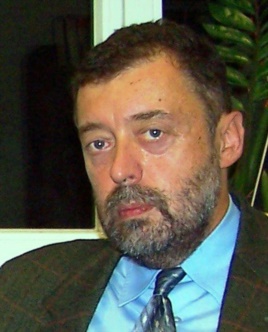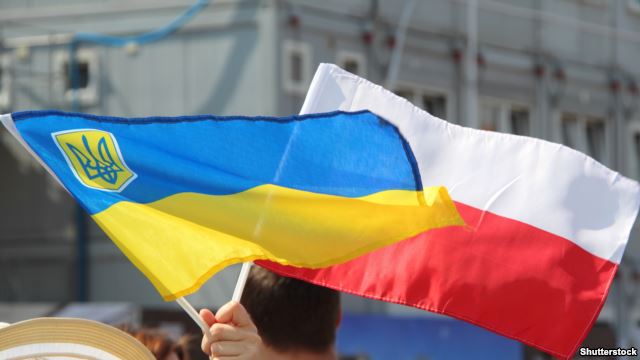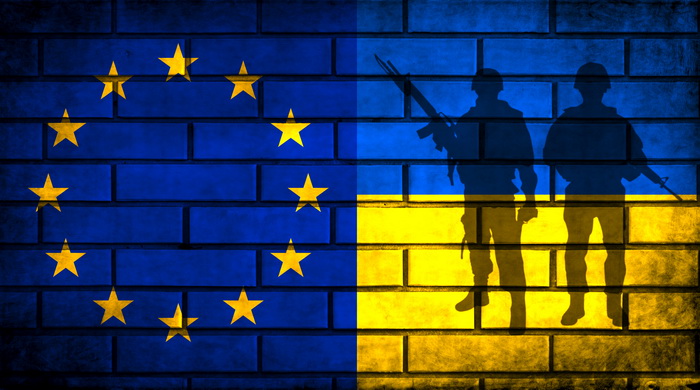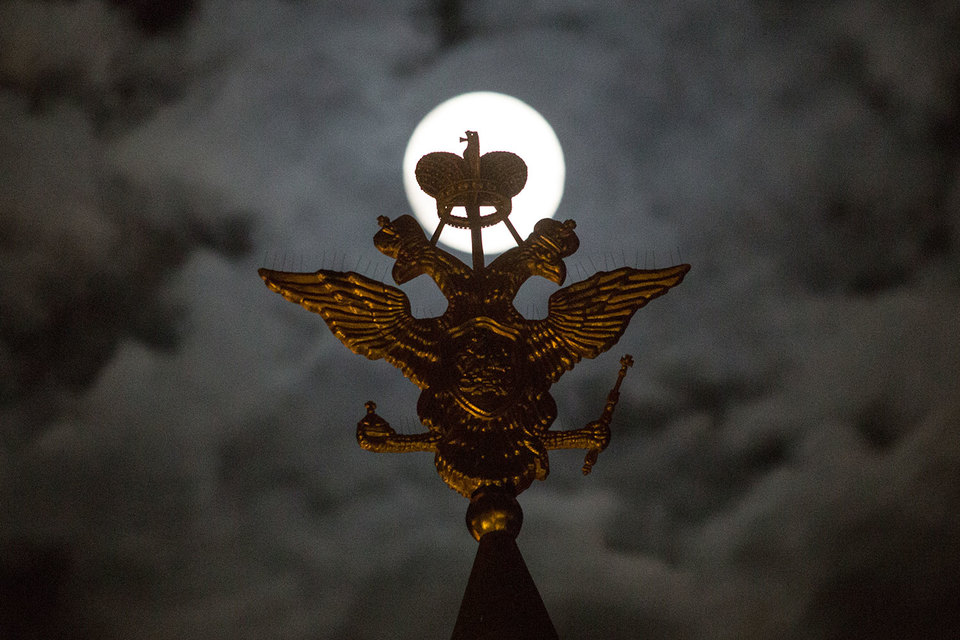To reach understanding about the question of the UPA, Ukrainians and Poles need to look critically at their own past - Polish historian

Mr. Woycicki, what is the impression of the Ukrainian Insurgent Army (UPA) in Poland today?
The impression of the UPA in Poland is, of course, negative. I have in mind broad public opinion. The negative impression of the UPA was created during the time of the communist People’s Republic of Poland and remained after 1989. The reinforcement of this impression was influenced by the events of 2013 on the 70th anniversary of events in Volyn, as well as by Russian trolls. For Poles, the UPA is singularly associated with the tragic events in Volyn in 1943, which in Poland is called the Volyn Massacre. And this is the predominant opinion. There are historians who attempt to frame the UPA in a broader context. Grzegorz Motyka is one. In addition, there are Polish translations of Ukrainian historians such as Bohdan Hud and Volodymyr Viatrovych. So a portion of the Polish community has access to the Ukrainian perspective on these issues. The differences in perspective between the Polish and Ukrainian sides toward the UPA are fairly significant. However, following the recent conference of historians in Yaremche, I have formed an impression that the two sides should speak regularly about these issues, because such discussions could be productive.
For Poles, the UPA is singularly associated with the tragic events in Volyn in 1943, which in Poland is called the Volyn Massacre.
How has the adoption of decommunization laws by the Ukrainian Rada influenced opinion of UPA in Poland? One of these laws has bestowed a status of World War II veterans on former UPA soldiers.
Because the UPA is definitively associated here with Volyn ‘43, all efforts to honour the UPA in Ukraine arouse dissatisfaction and concern in Poland. Reports that in Ukraine the veneration of Bandera is increasing does not encourage sympathy toward the Ukrainian nation among Poles, and deepens prejudices towards Ukraine among some parts of society. Poles associate the UPA almost exclusively with events in Volyn, they do not know more about the nationalist movement of Ukrainians as a whole, which the UPA represented. The average Pole is also unaware of the post-war history of the UPA and its battle with Soviet rule. Obviously, this strongly narrows the view of the UPA, and Volyn has been deeply ingrained in the historical memory of Poland. That’s why in Poland there is a strong expectation that the Ukrainian side will speak more about this.
But voices are often heard in Poland from those who confirm that the UPA is not just Volyn ‘43, and the red and black flag of the volunteer battalions of the ATO cannot be viewed as a flag of some anti-Polish brigades, as some pro-Kremlin figures suggest.
A very serious conversation is needed regarding knowledge about Ukraine, and the Ukrainian side could simultaneously make these conversations much more effective if it noted that, amid the heroic pages in the history of the Ukrainian national-liberation movement, there are also black stains.
I am also among those who think the UPA cannot be reduced to Volyn ‘43, that these events need to be discussed in a broad historical context. We believe that it’s necessary to see the link between Ukraine’s very complicated history and the fact that a part of Ukrainian society sees Bandera as its hero, or as a symbol of the struggle for national and state independence of Ukraine. The same is true of the significance of the red and black flag to Ukrainians. A very serious conversation is needed regarding knowledge about Ukraine, and the Ukrainian side could simultaneously make these conversations much more effective if it noted that, amid the heroic pages in the history of the Ukrainian national-liberation movement, there are also black stains. Of course, such historical accounts are hard to make at a time of war with the Russian aggressor. This discussion would also be more productive if the Polish side backed off from the paradigm of “lost kresy” (the eastern regions of prewar Poland), and the Ukrainian side backed off from the “Polish colonization” narrative.
You have worked for many years on building Polish-German dialogue. To what degree can this experience be used for the case of Poles and Ukrainians?
Not mutual recriminations, but a critical reflection of oneself in the presence of the other side. We need to familiarize ourselves with the point of view of the other side regardless of whether we agree with it or not.
Certainly, this dialogue can be a model to follow, but not entirely. Polish-Ukrainian relations differ markedly from Polish-German ones. Cultural ties between Poland and Ukraine were much greater than between Poland and Germany. As far as I’m concerned, we need discussions where Ukrainians and Poles sit at the same table and Ukrainians criticize certain flaws in Ukrainian historical discourse, or just their own history, and Poles, conversely, criticize their own views of history. In this way, we could show one another that we are ready to critically evaluate our own past. This is a very important method, which was used in the Polish-German dialogue. That is, not mutual recriminations, but a critical reflection of oneself in the presence of the other side. We need to familiarize ourselves with the point of view of the other side regardless of whether we agree with it or not. In other words, Ukrainians need to understand why the events of 1943 in Volyn are so important to Poles, and at the same time Poles need to learn a great deal about the Ukrainian national-liberation movement, which was represented for a certain period by the UPA.





